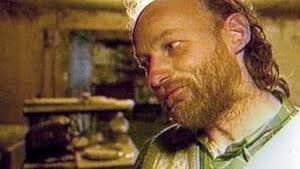Pickton inquiry accused of failing marginalized women

Three B.C. human rights groups say the Missing Womens Commission of Inquiry failed the people it was designed to help.
West Coast Legal Education and Action Fund (LEAF), the Pivot Legal Society and the B.C. Civil Liberties Association have released a report critical of the way the official inquiry was conducted — just days before the commission's final report goes to the B.C. Attorney General.
The Missing Women Commission of Inquiry was launched last year to look into the police mishandling of the investigation into serial killer Robert Pickton.
Human rights groups have criticized the lack of funding for legal representation for aboriginal and women's groups, and many refused to participate in the inquiry.
"I will say it again; this was a missed opportunity to include the voices of marginalized women, of marginalized communities. It perpetuated the very problems it sought to alleviate," said Kasari Govender, executive director of West Coast LEAF.
Lindsay Lyster of the B.C. Civil Liberties Association questions why the province paid for lawyers for police and government interests, but said no to the victims.
As a result, the groups say, critical areas were left unexplored.
"The government's decision to do that put the independence of this commission into very grave doubt," Lyster said Monday.
Pickton, a former pig farmer, was convicted of six murders in 2007. Investigators have said the remains or DNA of 33 women were found on his family's farm in Port Coquitlam. Pickton had bragged to police that he had killed 49.
Earlier reviews pointed to botched police investigations, a reluctance to act because the victims were involved in drugs and the sex trade and a long list of other failures.

